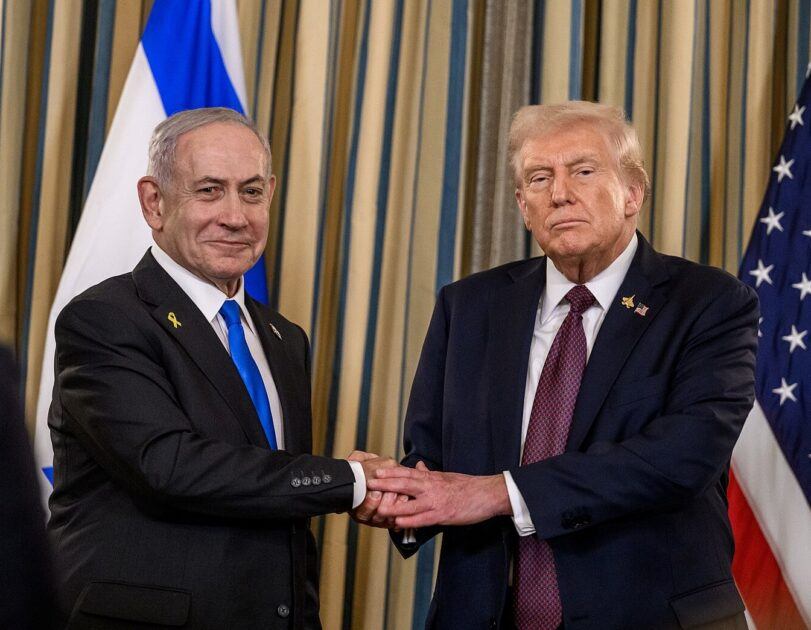Bringing nuclear deal into dispute rooted in weakness: Iran’s Foreign Ministry
Iran slams the launch by France, Britain and Germany of a dispute mechanism under the 2015 nuclear deal with Tehran as a “passive” move rooted in their “weakness,” warning that the Islamic Republic will give a firm response to any “unconstructive” move.
“The three European countries’ action is a completely passive move taken from a position of weakness,” Iranian Foreign Ministry spokesman Abbas Mousavi told reporters on Tuesday.
Although Iran responds in pure good faith to any well-intentioned action concerning the agreement, it would also respond “firmly, decisively, and aptly” to any act of non-commitment or malicious or unconstructive measure that could target the deal, he added.
Earlier in the day, the trio, collectively known as the EU3, formally triggered the dispute mechanism, which accuses Iran of violating the agreement and could lead to the restoration of the anti-Iran UN sanctions that had been lifted by the deal, named the Joint Comprehensive Plan of Action (JCPOA).
After the mechanism is implemented, Iran would be given 15 days to resolve the dispute with the threesome states. The process can ultimately lead to a “snapback” — which refers to the re-imposition of the UN Security Council’s sanctions that were lifted after the nuclear was reached in 2015.
The European states are trying to blame Iran for failing to commit to the deal, while themselves stopped their contractual commitment of meeting the Islamic Republic’s business interests after May 2018, when the United States left the accord and began threatening others not to do business with Tehran.
Last May, Iran began a set of countermeasures in response to the US’s withdrawal and the EU3’s betrayal of Tehran’s interests under US pressure.
The countermeasures saw Iran reduce its obligations under the JCPOA. As part of its fifth and final commitment reduction step, Tehran decided to stop observing all limits on its nuclear industry after January 3, when US drone strikes assassinated senior Iranian commander Lieutenant General Qassem Soleimani in Baghdad.
Mousavi, meanwhile, said the EU3’s most recent action was nothing new, and “in practice, would not lead to any new development” as the Islamic Republic previously sought recourse to the procedure once the US’s departure threw the JCPOA off balance.
The Joint Commission monitoring the agreement’s implementation was formed on several occasions afterwards, and “all parties reached consensus and asserted that the US’s illegal withdrawal has brought about the current vexed situation,” the spokesman said.
He reminded the EU3 that the Commission had ratified a set of solutions aimed at redressing the balance, but the European states “have failed to take any pronounced and serious action ever since to commit to their obligations.”
If the Europeans, who claim to have good intentions, seek to continue to give in to the US pressure or try to abuse the dispute mechanism at the Joint Commission, “they should prepare themselves for potential consequences, of which they have been notified,” Mousavi cautioned.






Geen opmerkingen:
Een reactie posten